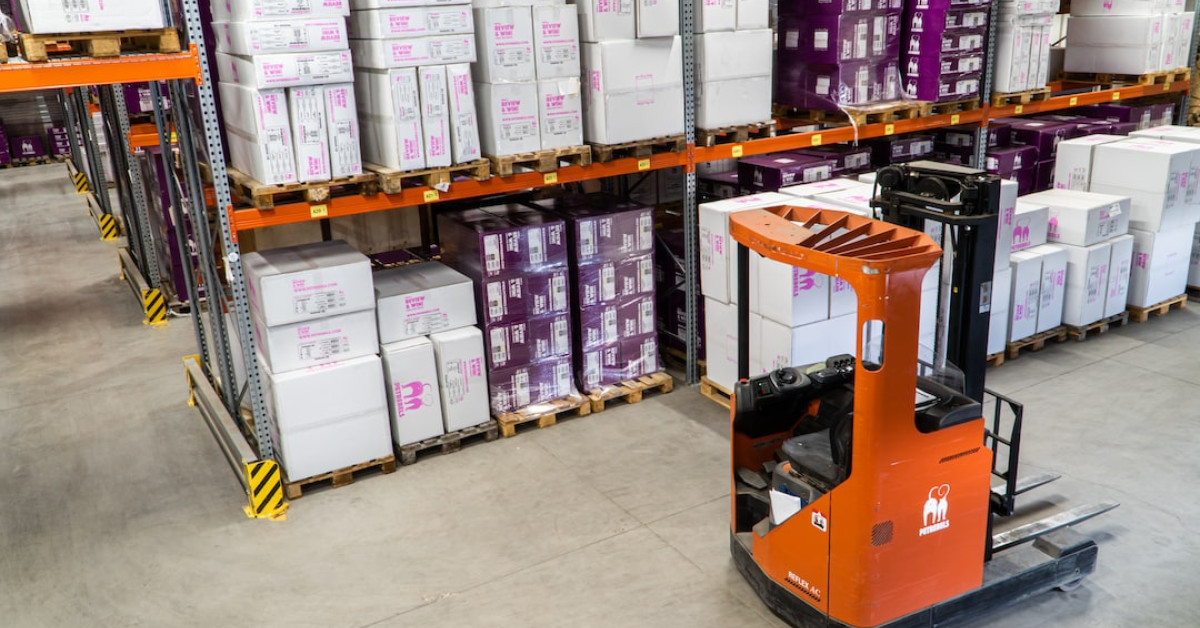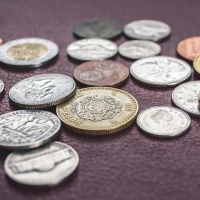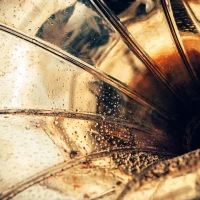The liquor industry remains a robust sector, often resistant to economic downturns. Despite this resilience, the sale of a liquor store is a complex process that requires intricate knowledge and a keen understanding of both the market and potential buyers. Liquor store brokers, with their niche expertise, are invaluable assets in this endeavor. Through their guidance, owners can uncover the secrets to not only attracting the right buyers but also maximizing the value of their establishment.
In this in-depth article, we unravel the strategies that top liquor store brokers employ to navigate the sale of these specialty businesses. From vital preparatory steps to sophisticated marketing techniques and negotiation tactics, you’ll gain insight into how to position your liquor store for a seamless and profitable sale.
Preparing Your Liquor Store for Sale
Before listing your liquor store on the market, preparation is key. Succeeding in a sale is akin to crafting a fine spirit—it requires time, attention, and meticulous preparation. Here’s how to set the stage:
Assess the Value of Your Liquor Store
Determining your business’s worth is a step you can’t afford to skip. Conduct a thorough valuation that encompasses your assets, inventory, sales, and brand reputation. This comprehensive assessment gives you a clear picture of your store’s financial health and aids in setting a competitive price.
Streamline Operations
A well-oiled machine attracts buyers. Ensure that your operations are efficient and that your business procedures are documented. This displays to potential buyers that liberty of the seas deck plan store can run smoothly without the need for drastic changes post-purchase.
Enhance Your Curb Appeal
Just like real estate, first impressions matter. Revitalize your store’s physical 000 free money cash appearance to attract more prospective buyers. A clean, attractive storefront and interior can significantly increase buyer interest.
Marketing Your Liquor Store Effectively
Liquor store brokers understand that exceptional marketing strategies can make a substantial difference. Effectively promoting your store ensures that it gets in front of the right buyers.
Leverage Online Platforms
In 700 000 pennies to dollarsday’s digital age, a strong online presence is essential. Utilize social media and business listings to showcase your liquor store to a broader audience.
Develop a Confidential Business Review (CBR)
A CBR is a detailed document that provides potential buyers with in-depth information about your business while protecting its confidentiality. This document is a powerful marketing tool that brokers use to entice serious buyers.
Utilize Professional Photography
High-quality images of your store can a lady bird deed be contested speak volumes. Invest in a professional photographer to capture the essence of your liquor store and create appealing visuals for your marketing materials.
Negotiating the Sale with Savvy Tactics
When it comes time to negotiate the sale, expert liquor store brokers have an array of tactics at their disposal to ensure you get the best possible deal.
Build a Competitive Environment
Creating a competitive atmosphere among potential buyers can lead to better offers. Brokers strategically release information and orchestrate the sale process to spark a sense of urgency and competition.
Understand the Buyer’s Perspective
Anticipating the buyer’s needs and concerns can be a game-changer. Brokers adeptly navigate negotiations by empathizing with buyers and creatively addressing their reservations, ultimately leading to a successful sale.
Be Prepared for Due Diligence
Buyers will conduct an extensive review of your business before finalizing the sale. Being prepared for this scrutiny, with all your financial and legal documents in order, can help expedite the sale process and prevent any unforeseen hiccups.
Understanding Legal and Financial Considerations
The sale of a liquor store involves intricate legal and financial details that can make or break a transaction.
Navigating Licensing and Permits
Liquor store sales are largely governed by state and local regulations. Brokers can help you navigate the transfer of licenses and permits, ensuring that you remain compliant throughout the sale.
Structuring the Deal for Tax Efficiency
Understanding the tax implications of a sale is vital. Liquor store brokers can assist in structuring the deal to minimize your tax burden and maximize your profit.
Securing Financing for the Buyer
Many deals hinge on the buyer’s ability to secure financing. Working with brokers who have connections to lenders and understand the ins and outs of financing can smooth the path towards a successful sale.
Post-Sale Transitioning and Support
Even after the sale is finalized, the role of liquor store brokers doesn’t end there. Providing post-sale support can be a decisive factor in preserving the legacy of your business.
Planning an Effective Transition
A seamless transition plan is crucial for maintaining the business’s profitability and reputation. Brokers can facilitate handovers and training sessions to ensure that the new owners are well-equipped to take over.
Offering Consultation Services
Occasionally, new owners may seek ongoing support from the previous owner. Negotiating a consultation agreement can be mutually beneficial, providing you with additional income while helping the new owner navigate the initial stages of ownership.
Conclusion: Partner with a Liquor Store Broker for Best Results
Selling a liquor store is an intricate process that demands a comprehensive approach. By employing the strategies of expert liquor store brokers, you can unlock the secrets to a successful and profitable sale. These professionals bring to the table a wealth of knowledge, experience, and tactics that are instrumental in navigating the complexities of the liquor store market.
Remember, preparation, effective marketing, savvy negotiation, deep legal and financial understanding, and post-sale transitioning are the pillars that support the sale of a liquor store. With the guidance of a seasoned broker, you can ensure that these elements work harmoniously to culminate in a sale that benefits all parties involved.
Embark on this journey with confidence, knowing that with the right strategies and the expertise of a dedicated broker by your side, the secret to selling your liquor store lies within reach.










